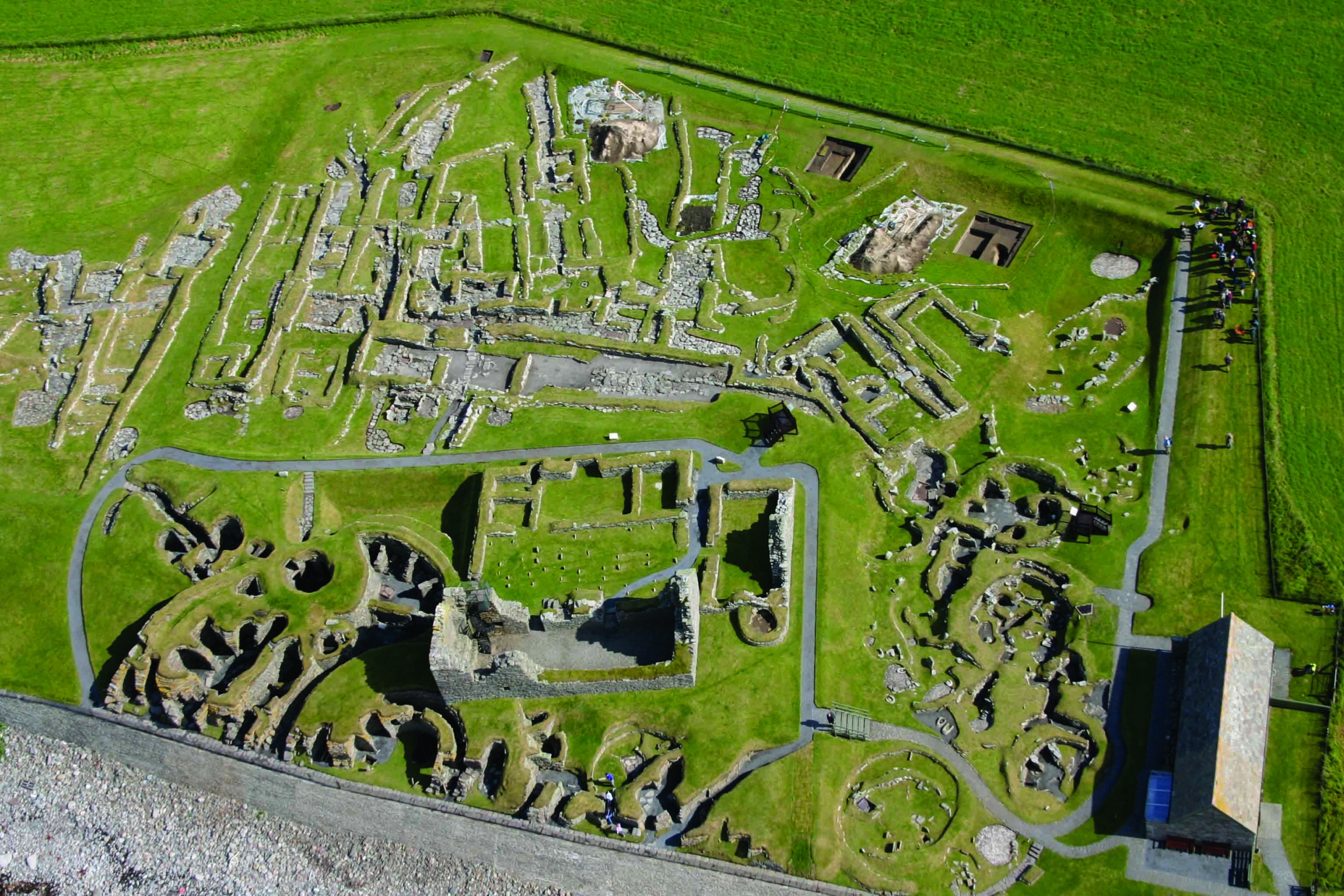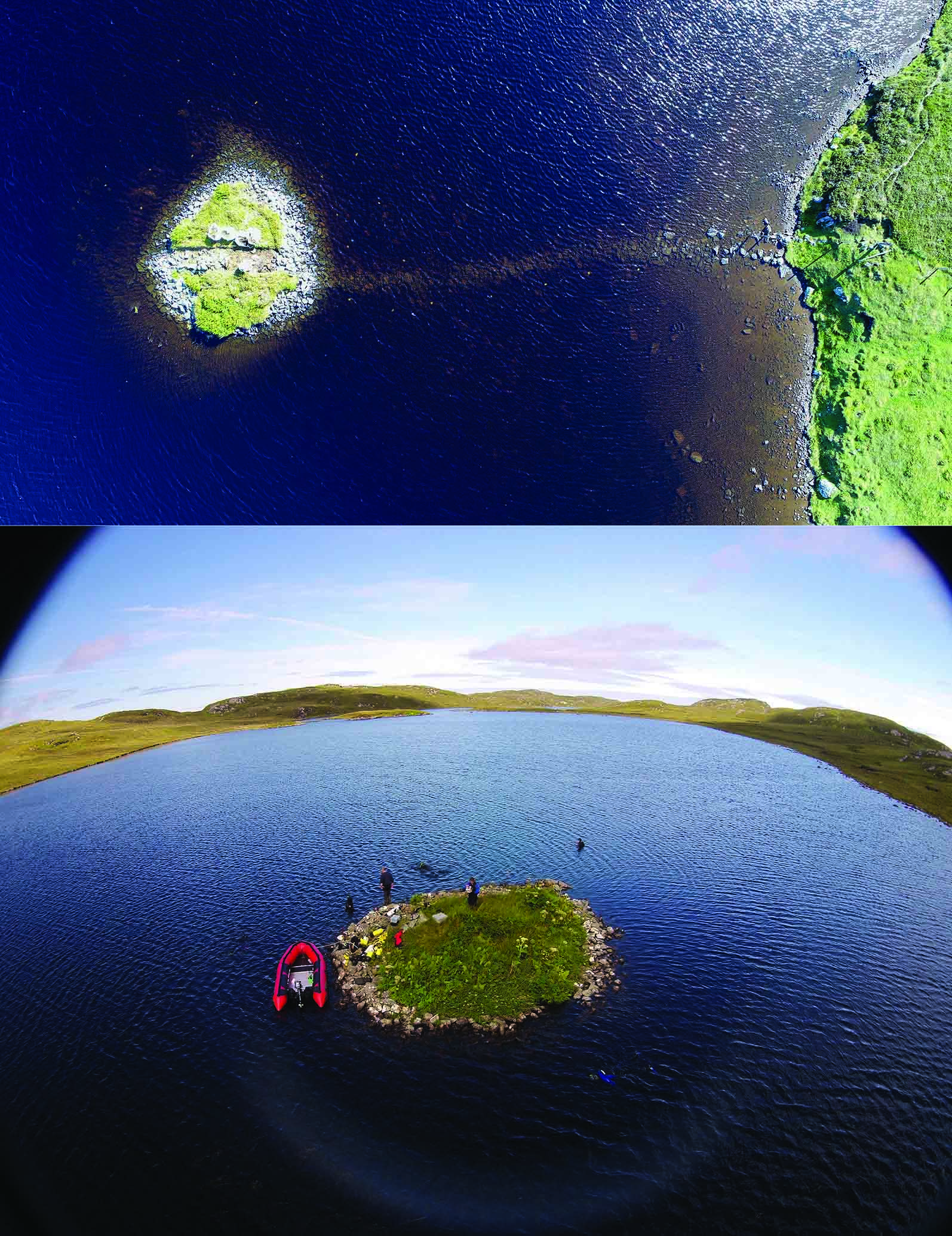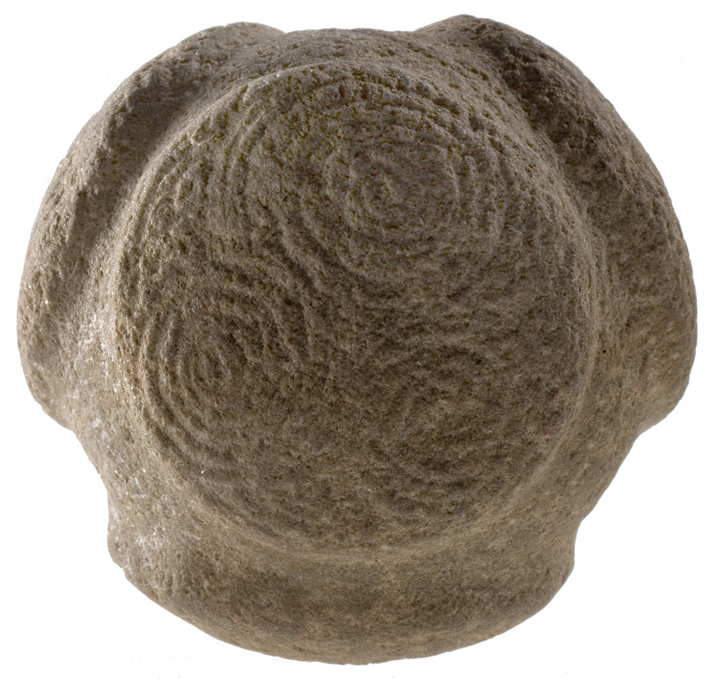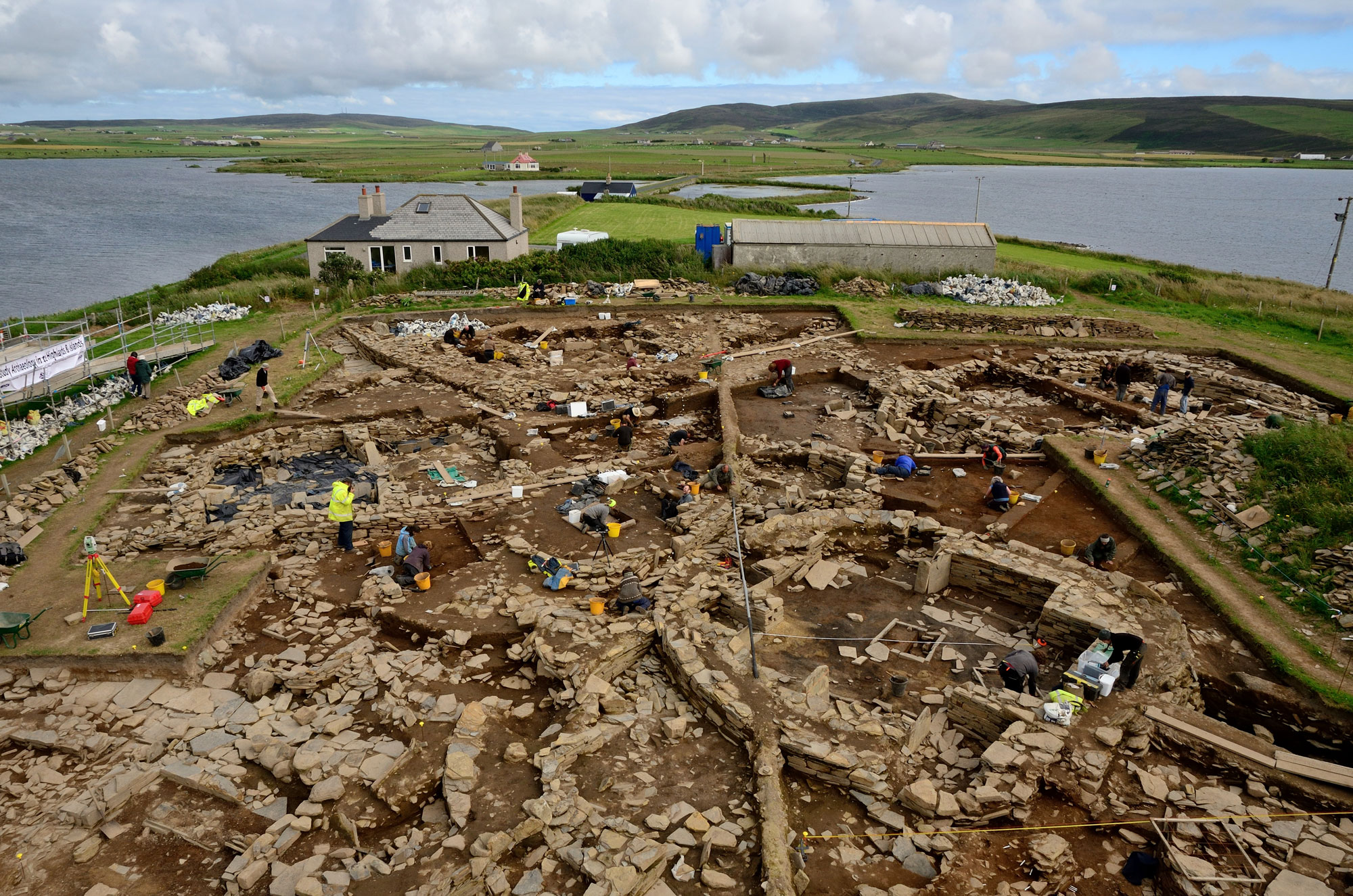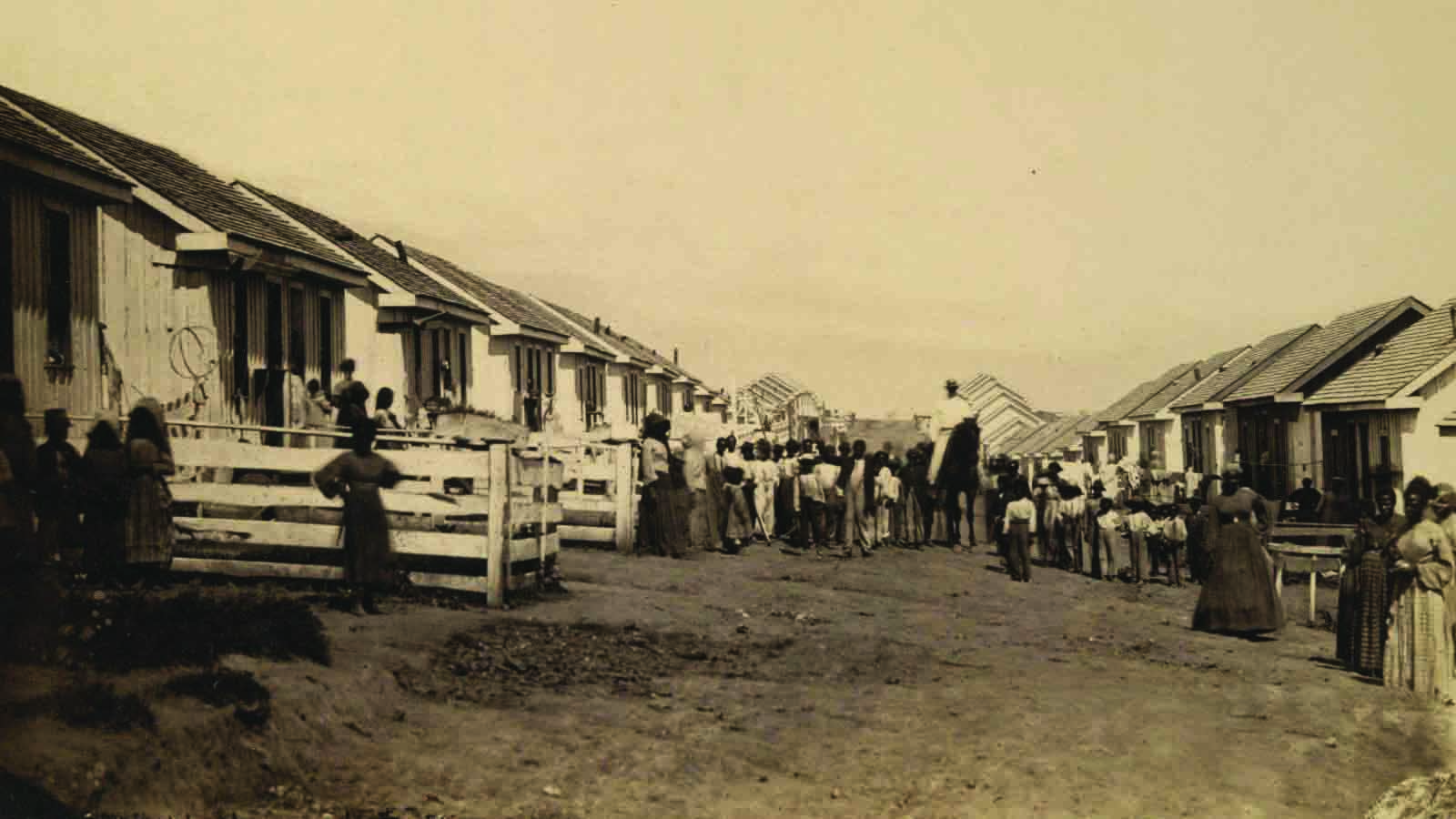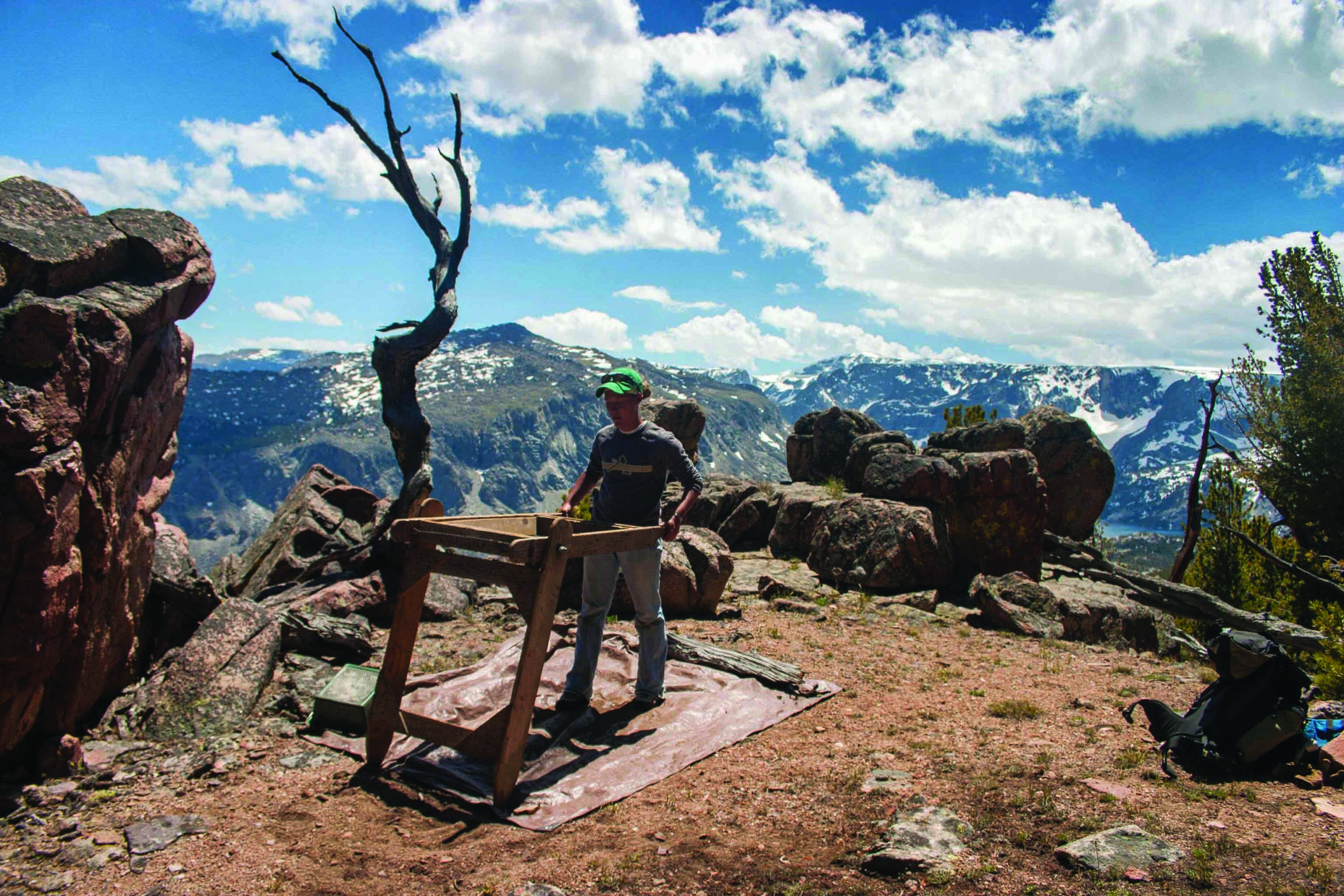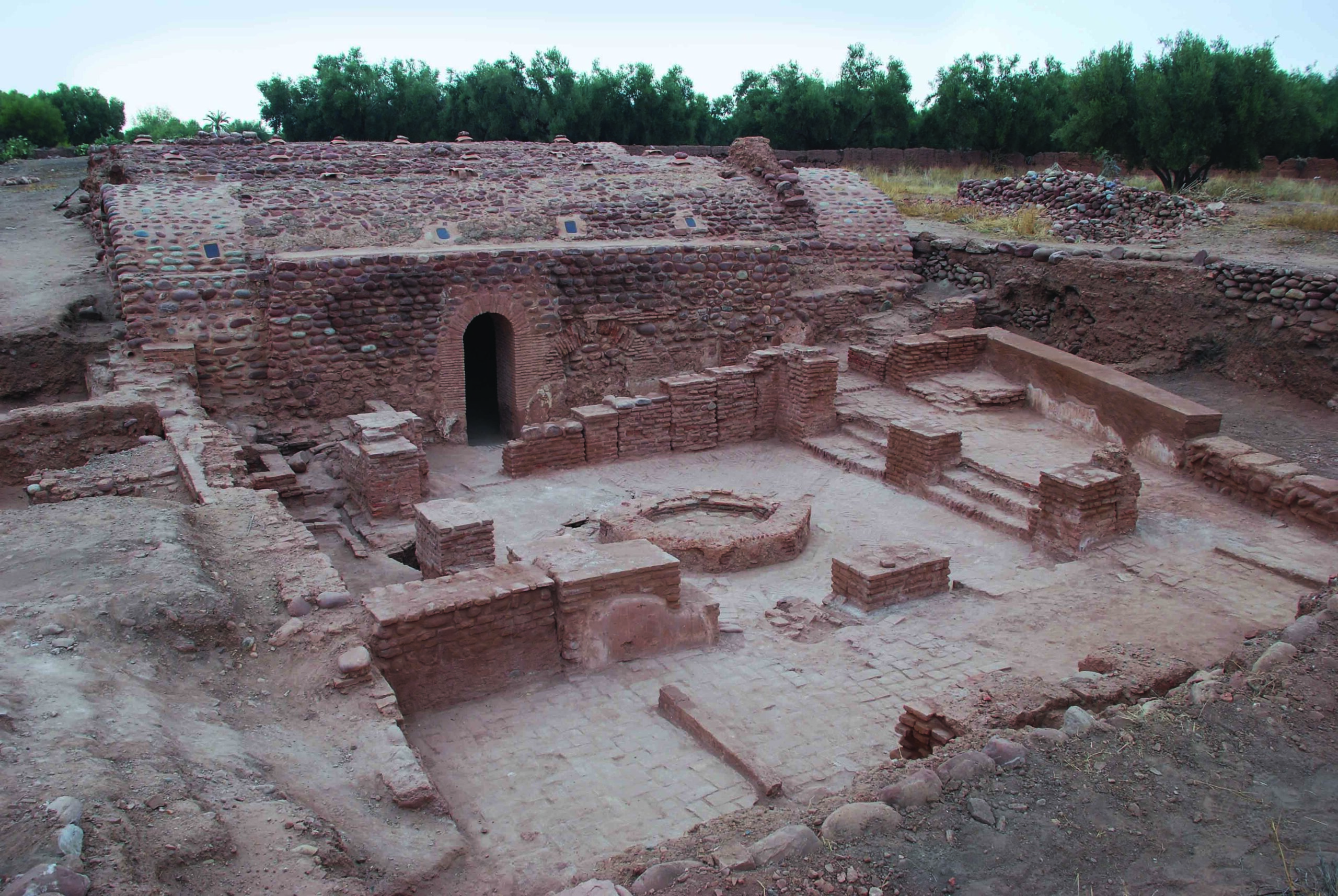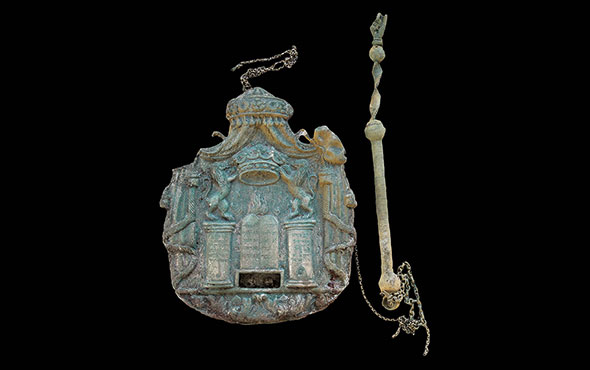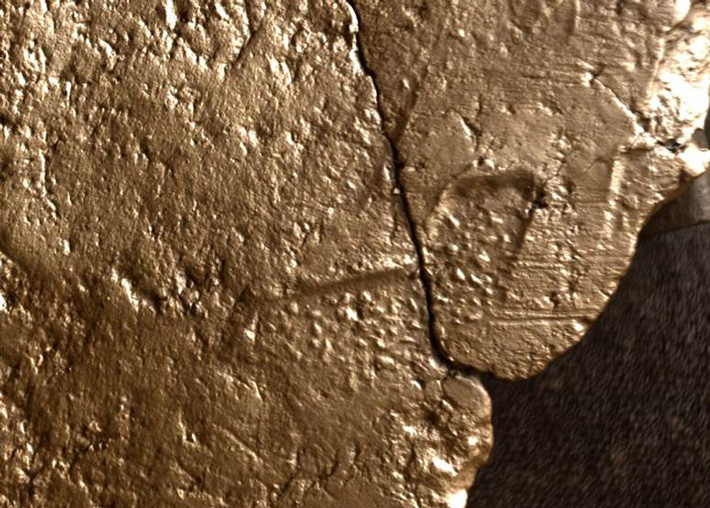
ORKNEY, SCOTLAND—BBC News reports that Lorraine Clay, Jan Blatchford, and Roy Towers of the University of the Highlands and Islands have found evidence of a 5,000-year-old woven textile at the Ness of Brodgar, a six-acre complex made up of Neolithic buildings and a stone wall that may have once extended across Orkney’s Brodgar Peninsula. Clay was examining pottery from the site when she saw an impression of a piece of cord on two fragments from the same vessel. These marks may have come from fiber mats or baskets used in the turning and transportation of wet clay. Blatchford and Towers conducted a further examination of the fragments with Reflectance Transformation Imaging (RTI), a technique which employs computer software to combine multiple photographs of an object taken with light sources placed at different angles. The resulting highly detailed images can reveal otherwise invisible surface details, the researchers explained. The impressions of the woven textile, perhaps made of flax, is thought to have been left behind accidentally by the potter’s clothing. For more on the Ness of Brodgar, go to "Neolithic Europe's Remote Heart."


